WildDrone
An international training network funded by the EU’s Marie Skłodowska Curie Actions to research and develop the use of drones for wildlife conservation.
The Mission
WildDrone aims to revolutionize wildlife conservation practices by using autonomous drone technology as a unifying platform to monitor wildlife populations, track their movements, and manage human-wildlife conflicts. We believe that the rapid decline of wildlife populations has prompted an urgent need for more effective and feasible nature conservation practices.
The Training
The consortium will train 13 doctoral candidates and equip them with a unique combination of multidisciplinary skills for drone-based ecology and wildlife conservation. The candidates work closely together in a global training network to realize the full potential of drones and companion autonomous systems for nature conservation missions.
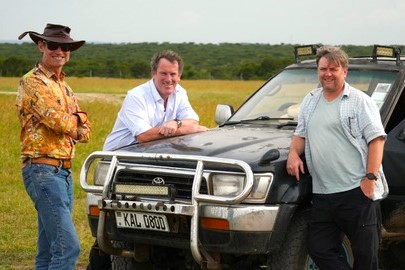
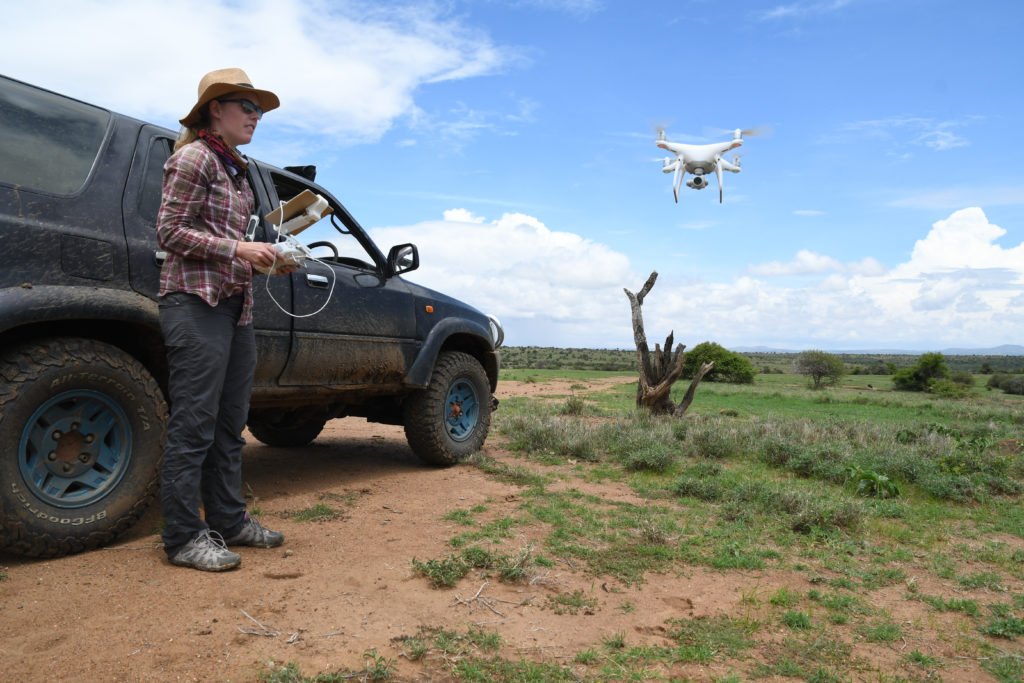
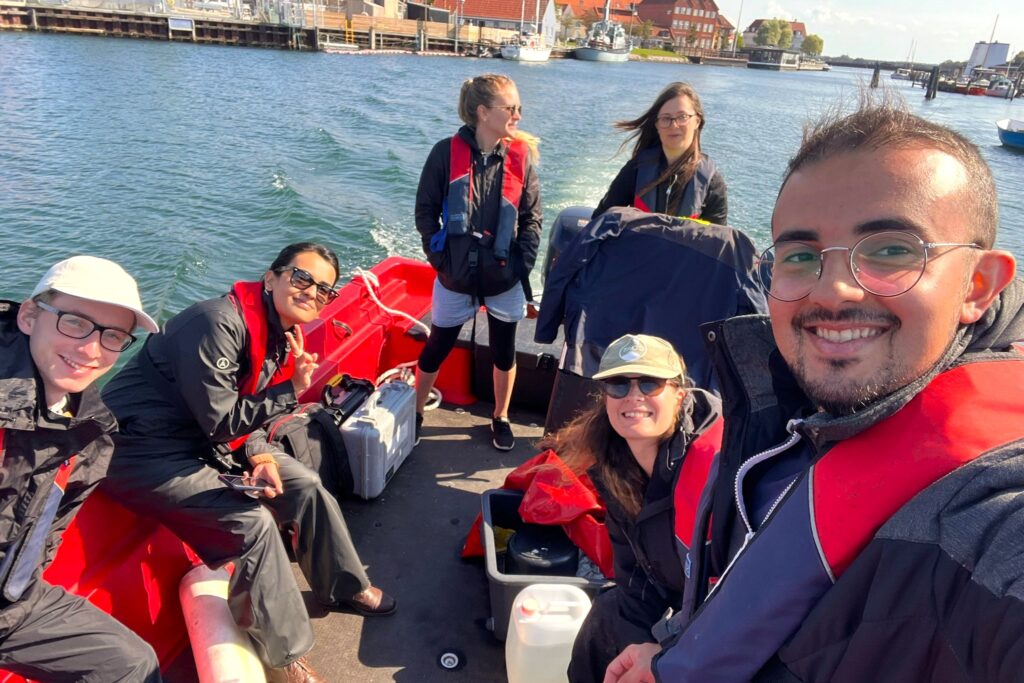
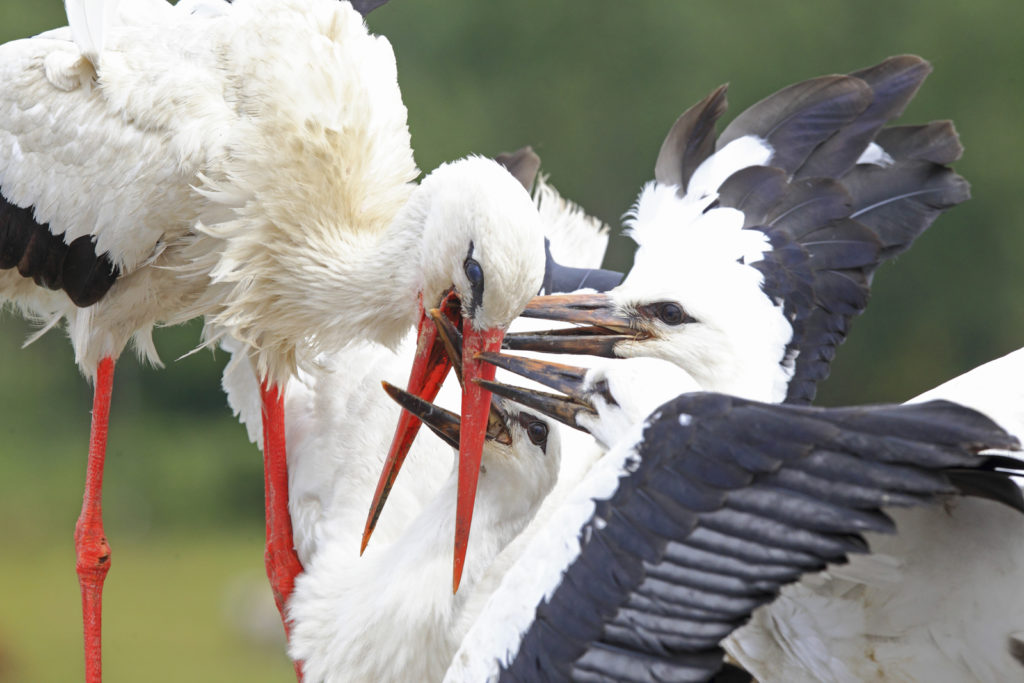
Countries in Europe and Africa
Doctoral candidates trained
Years to achieve our goals
Partners in the consortium
From EU, UKRI, and SERI
THE THEMES
Through 3 themes we will integrate the research areas of aerial robotics, computer vision, and wildlife ecology, using autonomous drone technology as a unifying platform. We will develop new autonomous systems, expand current software capabilities, and combine these advances to create practical tools for visual inspection and monitoring of wildlife populations, movement, behaviour, and habitats in complex field settings.
THEME 1
Automated Wildlife Tracking for Conservation
Theme 1 focuses on innovative applications of ecology science within human-wildlife conflict, animal monitoring, and realtime census.
THEME 2
Safe and Flexible Drone Operations
Theme 2 focuses on innovation of drone design, operations, and control, addressing noise, multi-drone missions, and BVLOS flights.
THEME 3
Effective Computer Vision for Conservation
Theme 3 focuses on development of computer vision techniques centred on vision-based control, tracking, animal censuses, and individual characterization.
THE 13 DOCTORAL PROJECTS
NEWS AND EVENTS
November 28, 2025
Open PhD positions
Open PhD Postions WildDrone sister-projects are hiring PhD students WildBotics is Hiring! WildBotics, an MSCDN project led by Fabio...
October 10, 2025
WildDrone Summer School 2025
WildDrone Summer School 2025 The WildDrone Summer School hosted by MPG in Konstanz took place from 22-26 September and brought together 32...
October 8, 2025
Consortium Meeting 2025
Consortium Meeting 2025 The Annual Consortium Meeting was hosted by MPG on 29–30 September, right after the Summer School. As always,...
July 18, 2025
AI for Good Global Summit
AI for Good Global Summit The WildDrone team took part in the AI for Good Global Summit at Palexpo in Geneva, the UN’s flagship...
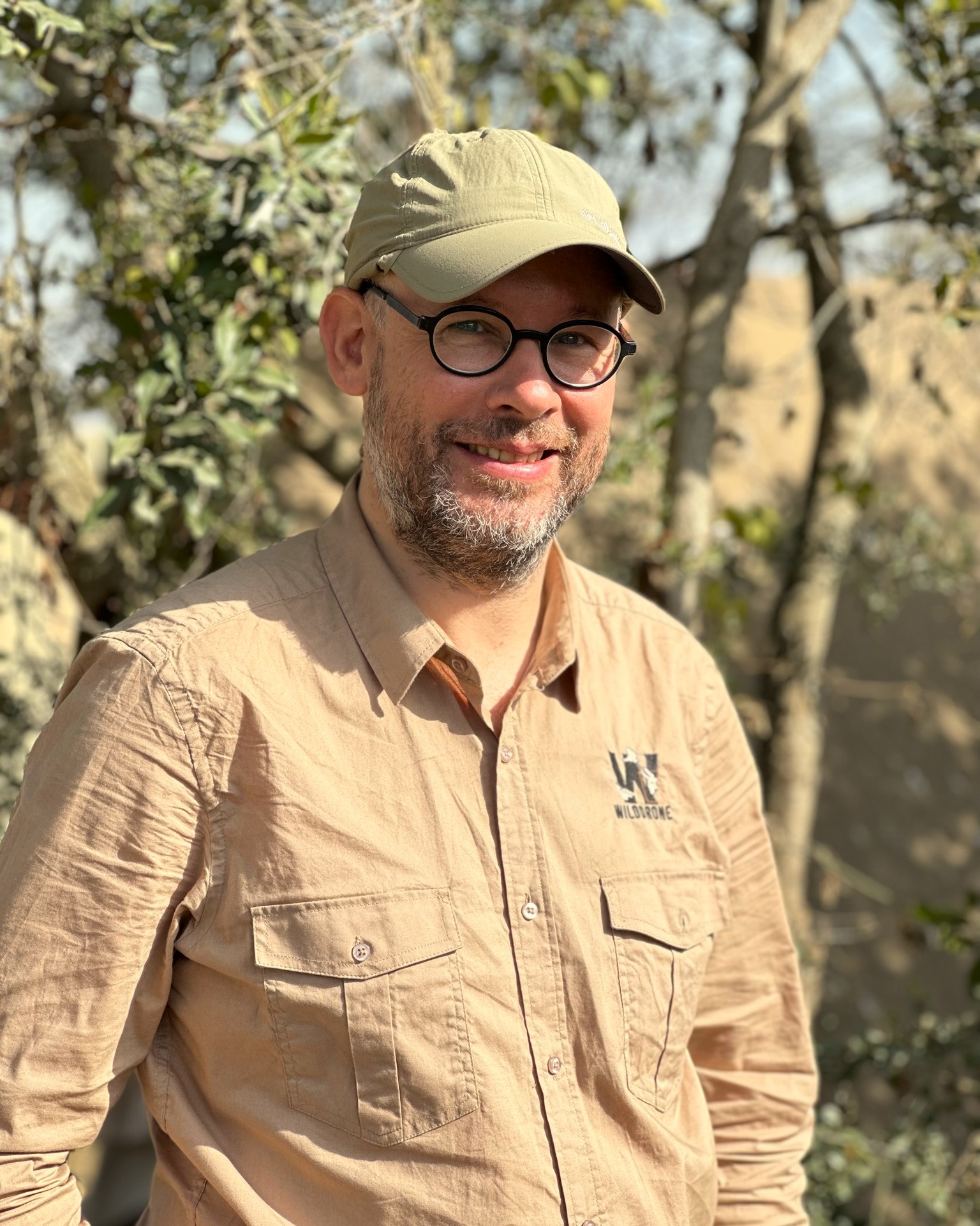
The Beginning
The idea of WildDrone began in 2018 with a desire to make drones play a bigger role in the green transition. In the following years, the idea was further refined together with the consortium partners who now make up the WildDrone network.
From the beginning, our intention has been to create a doctoral network based on projects that have the potential to directly contribute to conservation actions around the world. We aim to build a network that provides our doctoral candidates with close connection to conservation practitioners and which educates them on real-life challenges in conservation through hands on experience.
Professor Ulrik Pagh Schultz Lundquist
WildDrone Coordinator and Head of SDU UAS
key concerns
Open science is a key concern for us. Citizen science plays a significant role across the three themes. Our research outputs are be made freely available by depositing research data and publications in open access repositories and on our homepage.
We continuously monitor security-related issues, and our Security Advisory Board (SAB) addresses any security matters that might arise in the projects. The SAB also reviews our deliverables to assess whether they include any security-sensitive information.
Our Ethics Manager monitors and advises us on all ethics related issues and questions that arise. We also train our doctoral candidates to improve their understanding of the role ethics generally play in science and research as well as in their own projects.
Wildlife conservation is a global problem that requires collaborative solutions. That is why we develop our technology together with experienced conservation practitioners, test it out in real-life settings, and share our findings so everyone can benefit from its use.
Get in touch
Contact us on WildDrone@sdu.dk

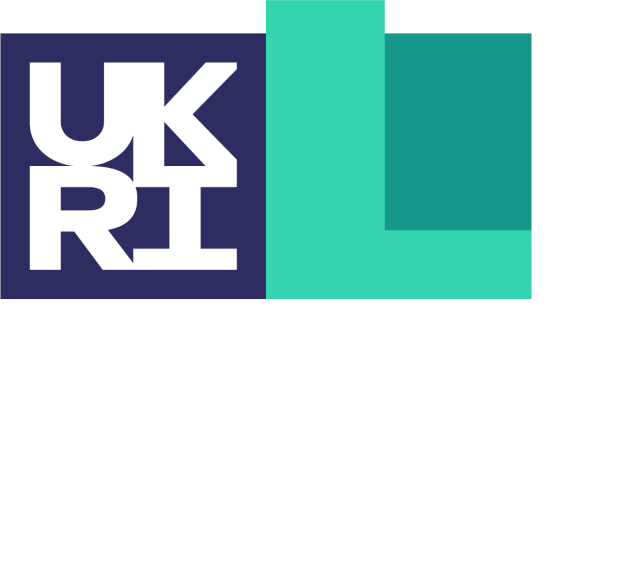

WildDrone is an MSCA Doctoral Network funded by the European Union’s Horizon Europe research and innovation funding programme under the Marie Skłodowska-Curie grant agreement no. 101071224. Views and opinions expressed are those of the author(s) only and do not necessarily reflect those of the European Union or the European Commission. Neither the EU nor the EC can be held responsible for them.
